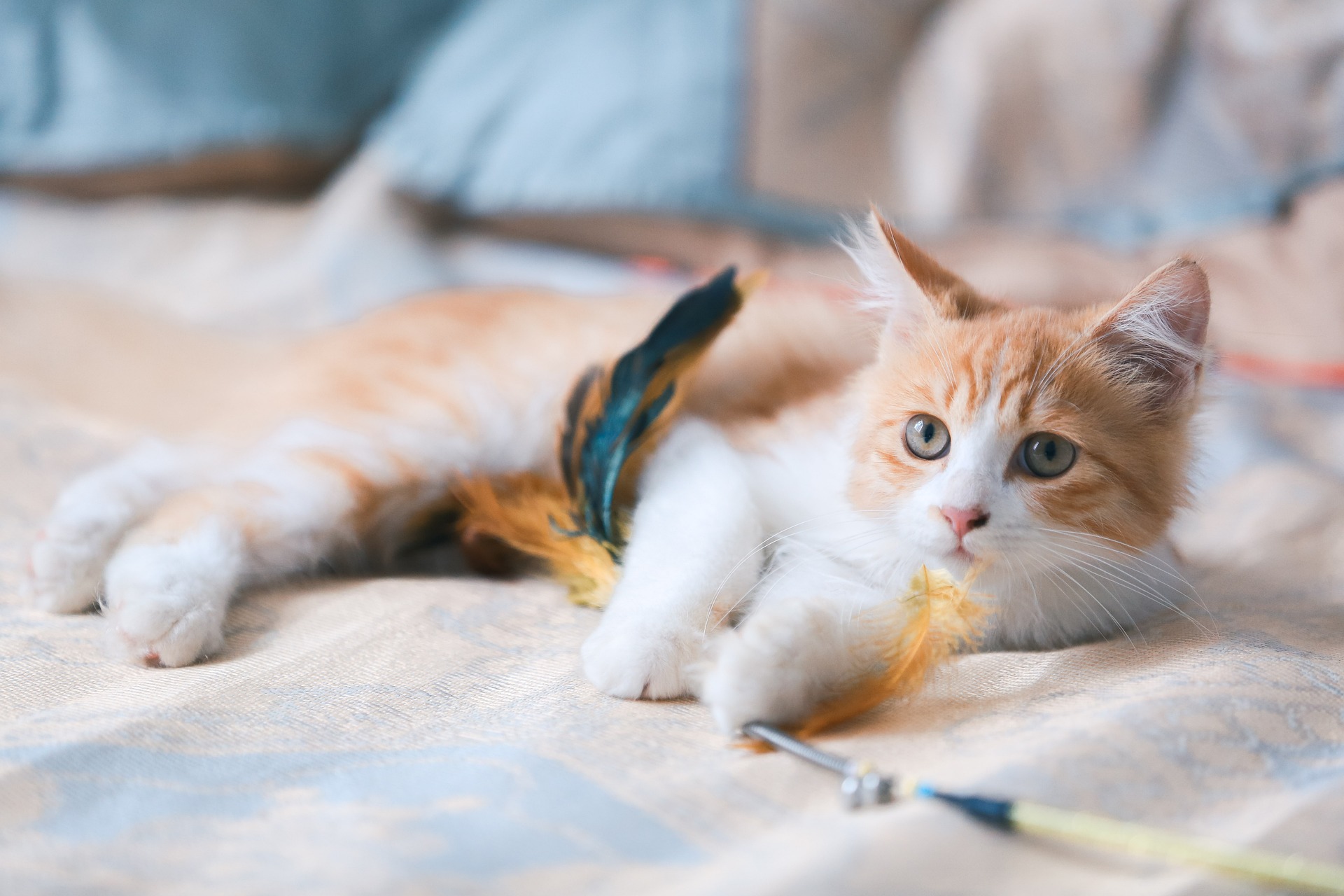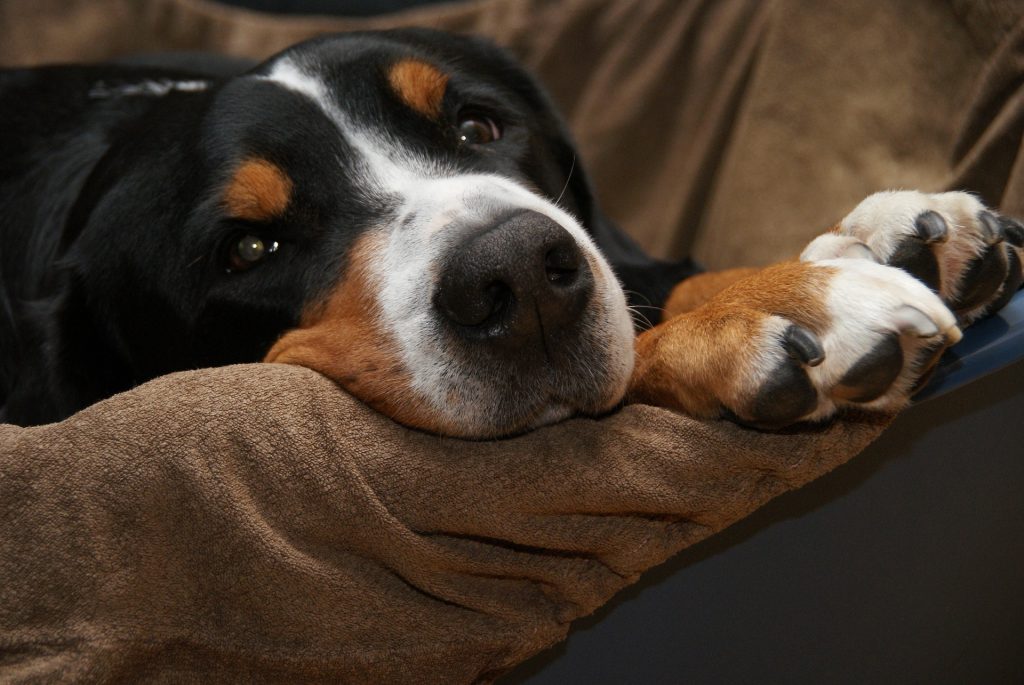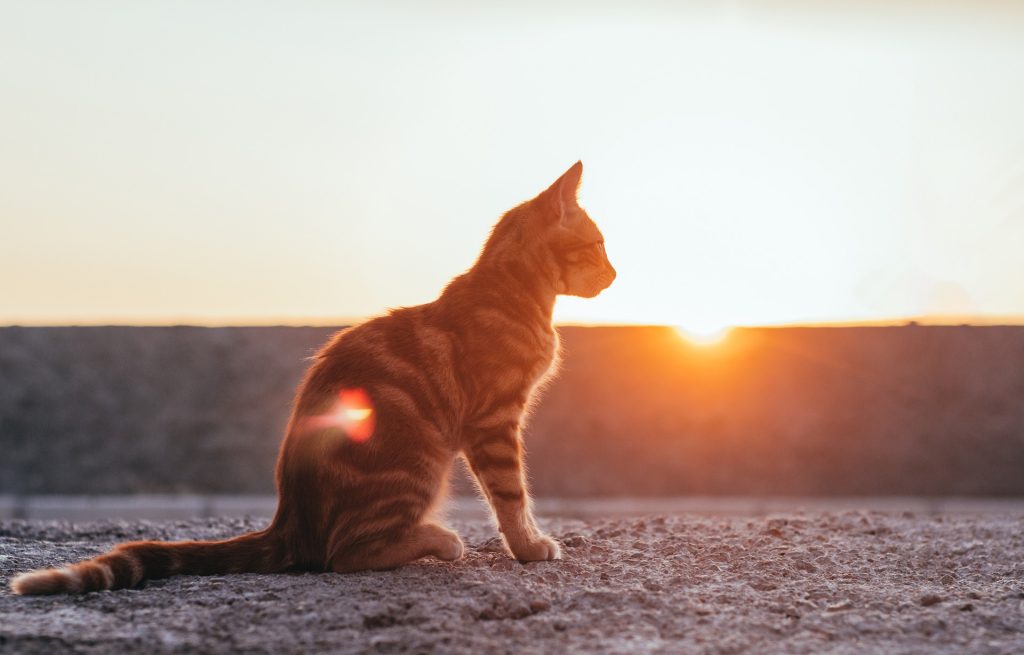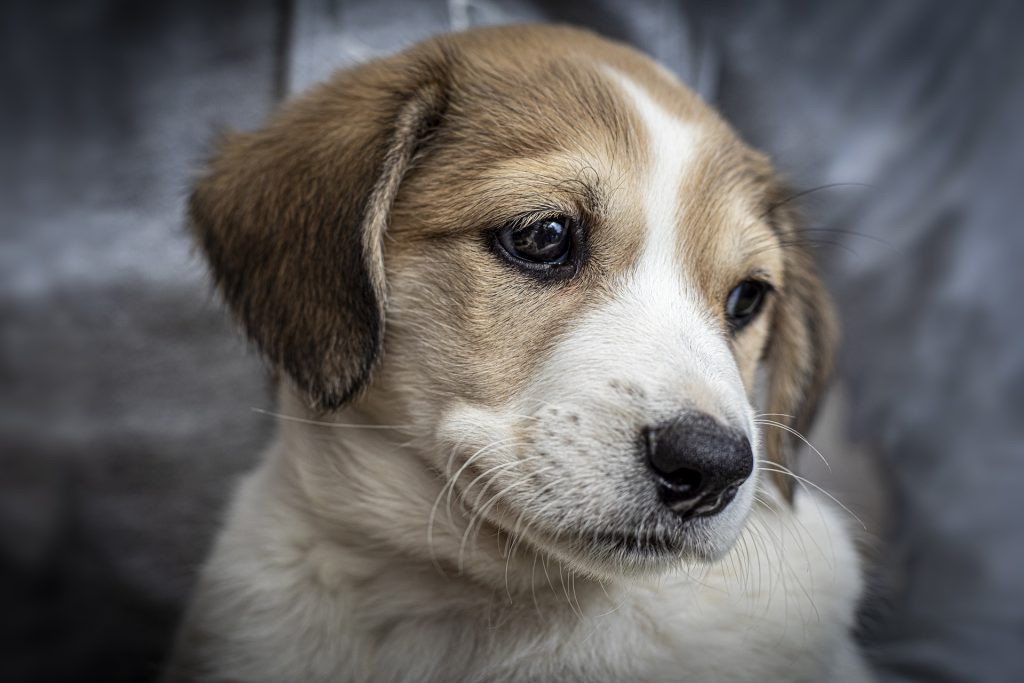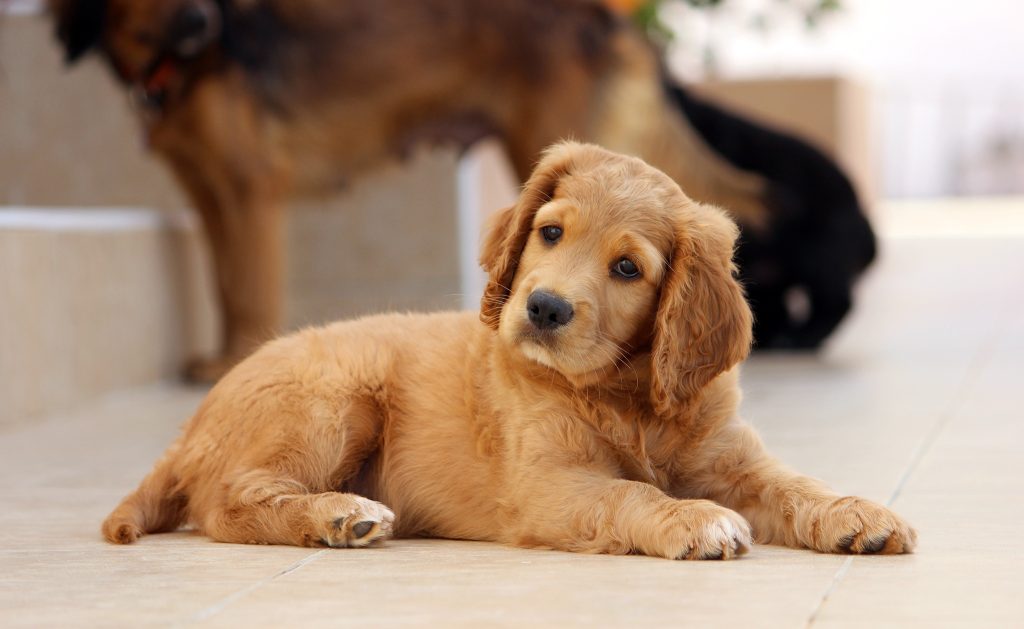
Online Vet Appointment Augusta GA
Pet Lovers rejoice as your favorite Vetinarry app is now live in your city. Bid goodbye to long waits and emergency pet care because now you can get personalized advice, care suggestions, and prompt responses for your pets. Enjoy unmatched convenience by connecting with a dedicated animal health professional now.

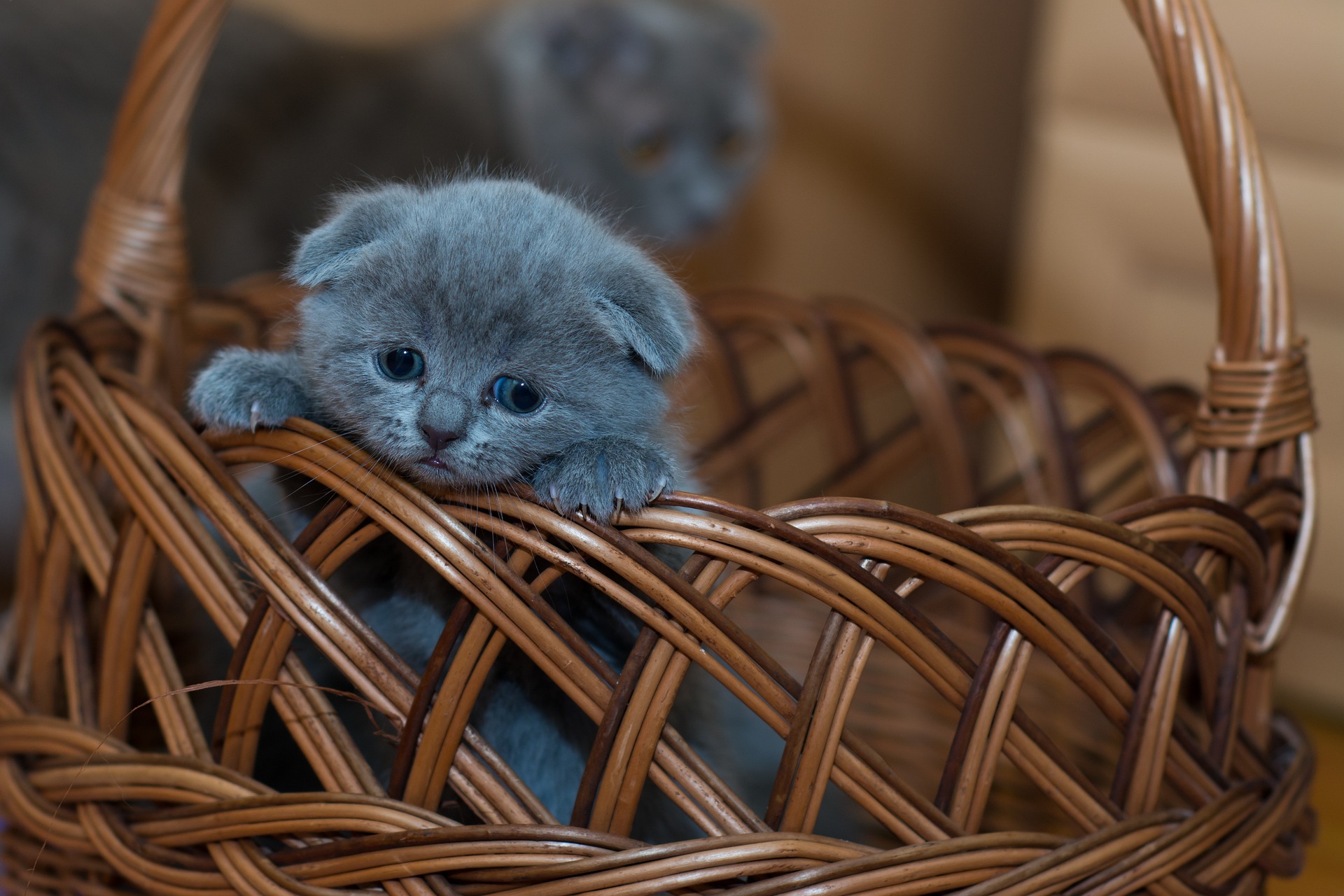
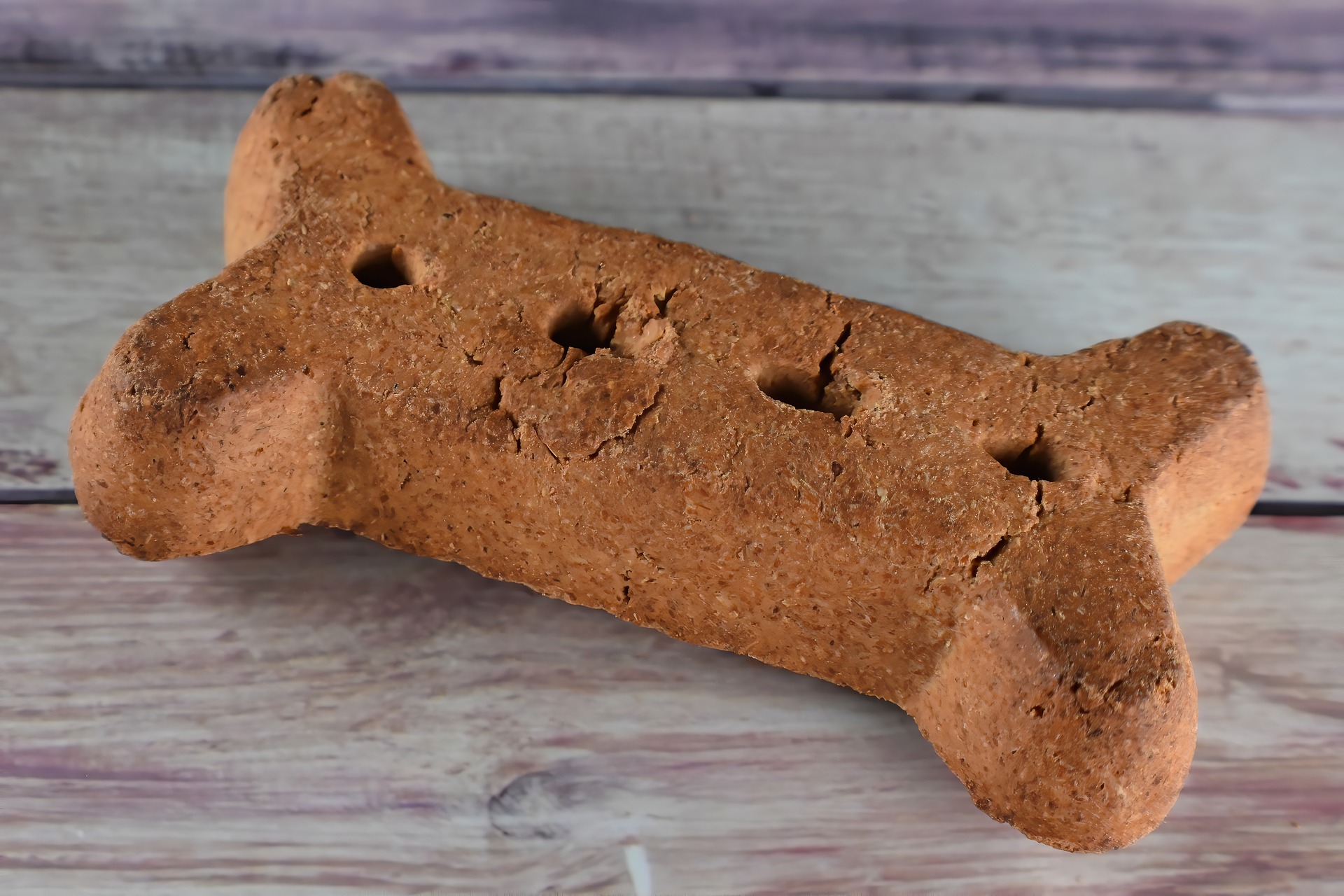
 Expert advice on healthcare, nutrition, behavior and all your pet needs!
Expert advice on healthcare, nutrition, behavior and all your pet needs! 